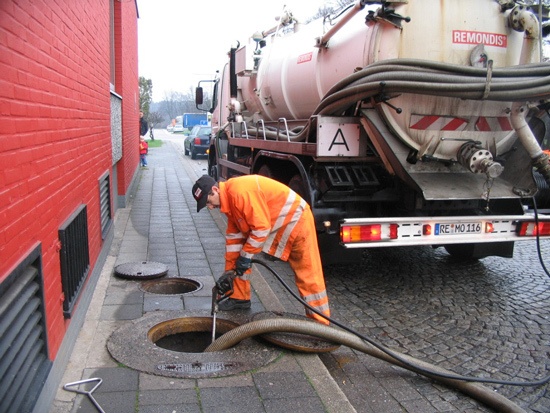A proposal that would hit all King County septic-system users in the pocketbook is seeing opposition from a primarily-rural population.
The King County Board of Health appeared to be moving quickly with a plan aimed at approximately 85,000 property owners from all corners of the county. Hearings have been concluded – including one in Maple Valley that drew a crowd estimated at nearly 600 – and a vote originally was planned for as early as July.
But public sentiment and official interventions seems to have stalled the process.
The BOH was initially briefed June 16 about creating a funding source to maintain a program to oversee onsite sewage systems, commonly referred to as septic tanks. The tanks, with associated drainfields, are used where there is no connection to a municipal sewage collection system. Septic tanks are used primarily in rural areas but there are exceptions to the rule; for example, there are a handful of homes served by septic tanks in the Enumclaw city limits.
The idea being floated by the Board of Health would result in an annual assessment charged to every property with a septic system. Possible fees have been listed at $23 for rural properties to almost $40 for properties in urban areas or near shorelines.
Lines were drawn and arguments were made.
Those opposed to the fee note that they alone pay for their septic system, including routine maintenance. The cost is entirely on the property owner should a septic system fail.
Opponents found allies on the King County Council, including Reagan Dunn, who represents the southern portion of the county. A letter was written and signed by Dunn, along with fellow council members Kathy Lambert and Pete von Reichbauer. In it, they strongly suggested the fast-track process being implemented by the BOH was unfair to concerned King County property owners.
Their letter noted that requiring a decision by the end of July “is simply not enough time to property listen to and address the concerns raised by many who rely on septic systems in the areas we represent.”
They suggested the near-600 crowd at Tahoma Middle School, an audience mostly opposed to the proposed fee, would be just the beginning.
“Upcoming meetings are sure to attract similar sized crowds with concerns just as vocal as the ones your staff hear…from a growing chorus of King County residents.”
The regional Board of Health has noted that both state and local law requires the county to assure that septic systems are maintained to protect the environment from human waste. In particular, it is noted there are environmental “hot spots” created by onsite sewage systems.
Collecting annual fees from all septic users, the BOH says, would allow it to perform a laundry list of tasks. Included are tracking sources of OSS pollution, technical assistance to property owners with septic systems, an improved certification process for OSS professionals and education and outreach aimed at septic users. In addition, it is noted that one goal could be to support a low-interest loan program to help homeowners pay for repairs or replacement of their septic systems.
In the end, Public Health – Seattle and King County blinked.
Dunn noted, on his county website, that Public Health has said the decision-making pace is being slowed. He wrote: “Public Health…has started the process to request a delay of the Board of Health’s vote on this proposal. They have also agreed to reevaluate this measure, keeping in mind the many concerns they have heard from the public.”
The Board of Health consists of 10 voting members: three are from the King County Council, three from the Seattle City Council, two are elected officials from suburban cities in the county and another two are health professionals.


